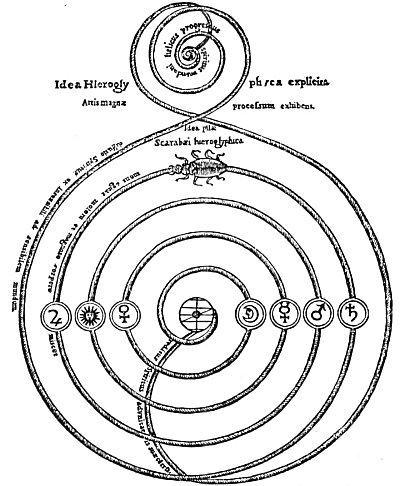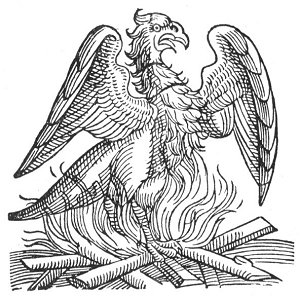Hence flow overreachings and sharp practice, heartless traffic in which the capitalist buys profit with the lives of the laborers, speculations that coin a nation’s agonies into wealth, and all the other devilish enginery of Mammon. This, and greed for office, are the two columns at the entrance to the Temple of Moloch. It is doubtful whether the latter, blossoming in falsehood, trickery, and fraud, is not even more pernicious than the former. At all events they are twins, and fitly mated; and as either gains control of the unfortunate subject, his soul withers away and decays, and at last dies out. The souls of half the human race leave them long before they die. The two greeds are twin plagues of the leprosy, and make the man unclean; and whenever they break out they spread until “they cover all the skin of him that hath the plague, from his head even to his foot.” Even the raw flesh of the heart becomes unclean with it.
* * * * * * Alexander of Macedon has left a saying behind him which has survived his conquests: “Nothing is nobler than work.” Work only can keep even kings respectable. And when a king is a king indeed, it is an honorable office to give tone to the manners and morals of a nation; to set the example of virtuous conduct, and restore in spirit the old schools of chivalry, in which the young
p. 41
manhood may be nurtured to real greatness. Work and wages will go together in men’s minds, in the most royal institutions. We must ever come to the idea of real work. The rest that follows labor should be sweeter than the rest which follows rest.
Let no Fellow-Craft imagine that the work of the lowly and uninfluential is not worth the doing. There is no legal limit to the possible influences of a good deed or a wise word or a generous effort. Nothing is really small. Whoever is open to the deep penetration of nature knows this. Although, indeed, no absolute satisfaction may be vouchsafed to philosophy, any more in circumscribing the cause than in limiting the effect, the man of thought and contemplation falls into unfathomable ecstacies in view of all the decompositions of forces resulting in unity. All works for all. Destruction is not annihilation, but regeneration.
Algebra applies to the clouds; the radiance of the star benefits the rose; no thinker would dare to say that the perfume of the hawthorn is useless to the constellations. Who, then, can calculate the path of the molecule? How do we know that the creations of worlds are not determined by the fall of grains of sand? Who, then, understands the reciprocal flow and ebb of the infinitely great and the infinitely small; the echoing of causes in the abysses of beginning, and the avalanches of creation? A flesh-worm is of account; the small is great; the great is small; all is in equilibrium in necessity. There are marvellous relations between beings and things; in this inexhaustible Whole, from sun to grub, there is no scorn: all need each other. Light does not carry terrestrial perfumes into the azure depths, without knowing what it does with them; night distributes the stellar essence to the sleeping plants. Every bird which flies has the thread of the Infinite in its claw. Germination includes the hatching of a meteor, and the tap of a swallow’s bill, breaking the egg; and it leads forward the birth of an earth-worm and the advent of a Socrates. Where the telescope ends the microscope begins. Which of them the grander view? A bit of mould is a Pleiad of flowers–a nebula is an ant-hill of stars.
There is the same and a still more wonderful interpenetration between the things of the intellect and the things of matter. Elements and principles are mingled, combined, espoused, multiplied one by another, to such a degree as to bring the material world and the moral world into the same light. Phenomena are perpetually
Next: The Fellow-Craft Part 2

Moe is the founder of GnosticWarrior.com. He is a father, husband, author, martial arts black belt, and an expert in Gnosticism, the occult, and esotericism.






